|
Now that I’ve started my own Leadership and Business Coaching practice I’ve found myself reflecting back on my career and thinking about what career lessons others might learn from my experiences. So I thought I’d share some insights from my first ever job in local government in Ireland. Though it was a thrilling and exciting whirlwind of a role it was fraught with hard cultural challenges that definitely taught me a lot about personal resilience. Its almost 23 years ago now and the work culture has hopefully changed but there may be some elements that you might recognise. Having worked for a number of years as a journalist (visual arts critic, columnist, feature writer) it was clear back then that the industry was changing rapidly and I doubted that it would yield the kind of income that I needed to support my family. So when a job came up in a local government quango as a Housing and Life Long Learning Officer I thought I’d apply. I reckoned my core BA in History and Sociology would stand to me along with my research skills. And a policy role appealed. When I got the job my boss who was the Director of the quango sat me down to fill me in on the organisational structure. He told me that I’d be reporting directly to him. Which struck me as odd given I was a Grade 7 analogous (that analogous bit becomes important later) and there was a more senior Grade 8 between me and him. “What about the Grade 8” I asked “shouldn’t I be reporting to him”? The. Director replied wafting his hands in the air “Oh don’t worry about him just report directly to me”. Now if you know nothing about local government in Ireland let me explain something. Hierarchy is EVERYTHING. So my first thought was “I don’t care what the Director says I'm going to make sure that the Grade 8 and I are best friends”. And we became so and that Grade 8 turned out to be the most invaluable link across the whole organisation. He’d been there for years, was extremely well liked and smoothed the way for me on heaps of occasions. So what was my motivation at the time? I’d been reading the 48 Laws of Power (I know, I know) and one particular quote struck me quite powerfully: I could have been flattered that I was leap frogging grades to the ear of the ultimate boss but what would that do to the morale of a more senior colleague who had earned his badges doing all the hard yards that I had missed? Seeking his counsel, asking for access to his network reaping the rewards of his endless spring of valuable work titbits would have been impossible had bad feeling existed to begin with. What became crystal clear over time was that the Director who had come from outside had no deep mesh connectivity in the organisation. So having the biggest title does not automatically confer organisational power. It was the Grade 8 who ultimately led me to my next job working for the local authority proper when they needed to appoint a communications officer a post that had never existed before in the authority. Through his contacts I got to know one of the County Councillors rather well who knew that I’d formerly worked as a journalist. She mentioned me to the County Manager (Chief Executive Officer) and he invited me for a coffee to discuss the role. And here is where hierarchy really hit home. If you are going to be responsible for the communications of an organisation you really need to know where the bodies are buried. At a Grade 7 (analagous) I was two ranks away from Director level. But only Directors sat on the management board. So I told the County Manager that the only way I would accept the job was if I reported directly to him AND he gave me a seat as an observer on the management board. Otherwise more senior people would gaslight me, or tell me half truths (nobody wants to expose their failures) or not give me the time I needed to get to the bottom of press queries. I told him I wouldn't contribute or say anything in the meetings I just needed to know what was going on. So that's what he agreed to. And the result? Like throwing a hand grenade at myself! Did I know that was going to happen? Of course I've just written about that in the paragraphs above! So why do it? To say all of the Grade 8’s were outraged was an understatement. What was the blonde woman interloper doing at management board? How did she get to report directly to the boss? This example totally contradicts what I said about about keeping people onside in an organisation - but in this instance I had to do what was required to enable me do the job at the necessary level. So context is important. Work began to feel like a war zone when I wasn't busy dealing with all the communications functions of a large local authority - I didn't have a team just me. There was a constant low level campaign against me and here is the bind. Reporting to the CEO of the organisation meant I couldn't go to him all the time to involve himself in petty little vendettas I had to keep that to a very minimum or at least only when strictly necessary. Now for the Grade 7 analogous bit. So if you were a Grade 7 (i.e. had moved up the ranks during a long career in local government) you could park your car in the nearest car park to County Hall. And you had a yellow sticker on you car to prove it. If you were Grade 7 analogous you could only park there on non Council meeting days and you got a red sticker. This made it clear you were breaking the rules if you didn’t clear out for Council meetings. So the lovely County Hall custodian would pull me aside and remind me that I needed to move my car (on instructions from the disgruntled Grade 8’s) even though I was running around like a mad thing preparing for those exact meetings. The final straw came when the council was due to announce the location of a new landfill site for the county. Naturally this was one of the biggest press stories I needed to manage for the authority. With several national newspapers, three TV crews and as many radio journalist in County Hall for the announcement I was told again that I needed to move my car. That was the point that I went to the County Manager and said “I realise you are very busy running the county but I need a yellow sticker”! One mysteriously materialised an hour later. I could have gone to him about a gazillion other things that were happening (like them giving me a desk in the post room) but you need to pick your battles 😊 My last point is about inclusivity as a means of combatting these kinds of negative power plays. Very often junior members of the authority would approach me in the corridor, or in the street outside the office with a tentative “I think this is something you should know Emer”. It might have been a bit of relevant but idle gossip, or something they believed might morph into a negative press story”. Even when I’d heard it several times before I never said “oh yeah I know that” I always replied “that’s so good of you to share and it's really helpful”. If you need to demonstrate to all and sundry that you know everything you cut off the oxygen you need to survive especially in challenging work environments. Everyone at the lower ranks of the organisation knew the battles raging around my appointment and their tacit support was a huge boost for me.
So the lessons:
0 Comments
When my mother was alive she frequently asked in exasperation “What is it you actually DO”? Largely because my career trajectory didn’t make any sense to her. I wasn't a solicitor or a teacher or a banker all traditional careers she understood. I started in the arts, moved into journalism, then into government and finally into technology (both inside and outside of government). So when she asked the question I said “just say I’m a Management Consultant”. That made things easer. Titles are always a comfort for some. It was only many years later in my career when I started my own consulting firm that I thought long and hard about how I would describe myself. And that’s where I settled. Mostly I am about change. Change of course is a two way street. I’ve made change for sure but I’ve been equally changed through the many jobs I’ve done and the people I’ve met along the way. That's why I'm launching my coaching and leadership practice, aimed at helping junior and mid-career professionals to get what they want out of their careers. The rest of this post is about how I got to where I am today, and gives you an idea of what I'll be like to work with. When people ask me what is the secret to career success I always respond that it’s about intellectual curiosity, because that’s what I’ve brought with me to my many roles. It’s one of the qualities that can help rebalance opportunities particularly for women in business. We know from Linkedin research that in general women apply to 20% fewer vacancies than men do. And they are also much less likely to apply for positions that were more senior than their current positions. Research shows that in order to apply for a job women feel they need to meet 100% of the criteria while men usually apply after meeting about 60%. But what’s needed to narrow that 40% gap? Well it’s knowledge and how is that gained? By being intellectually curious. It’s also about being open about what you know and don’t know and how to demonstrate that while you don’t currently have a certain type of experience you know you are capable of gaining it. My first job as an arts administrator was completely out of left field. I had no experience in theatre whatsoever. Indeed my knowledge of the arts was pretty slim. But I’d done a secretarial course when I was sixteen and the woman who owned the school was married to an IBM salesman. A few years later, when the Artistic Director of Cork Theatre Company was buying a computer he asked him could his wife recommend a good administrator. She thought of me and so I found myself “working in the arts” as my first job at 21 years of age. Picture the scene I’m surrounded in my first week by actors, producers and directors. I don’t know the buzz words, or the culture or how I’m supposed to behave. I’m pretty sure I shouldn't have shown my hand when I announced in the green room “I watched this weird film last night called The Birthday Party and I didn’t understand it at all”. “You’ve never like heard of Harold Pinter?” asked a horrified actor. So that was me to the library as fast as my feet would take me (in the heady days of actual books before the internet). My next role was as Artistic Director of a major arts centre an opportunity that presented when I was 23. Thing was it had a gallery and restaurant and while I had my head around theatre I knew nothing about the visual arts. When I was approached for interview I said “I’m happy to interview about theatre but don’t ask me about the visual arts”. First question I get asked at interview? “Define a visual arts policy for the mid west of Ireland”. So I simply answered “I can't answer that now but if you give me the job going on my past track record I’ll be up to speed in no time”. And here is the next important thing about being intellectually curious you have to get your ego out of the way. So when I was a week in-situ in the arts centre I walked around the corner to my potential competitor in the Municipal Gallery and said: “Hi I’ve just been appointed as Artistic Director for the Arts Centre but here's the thing I know nothing about visual art can you help”. And amazingly their curator looked at me and said “Come and help me hang exhibitions in your spare time then”. And I did. And I learned heaps through practical experience and the book recommendations that followed. My point is not knowing stuff is not an impediment if you have the right frame of mind and you are willing to put the work in to learning. Not knowing is not important If you believe in your abilities to learn new things. Not knowing is not a problem if you are open about what you do know and open yourself to collaborators who will help you learn and grow. This was very true for me when establishing The London Datastore another huge change challenge. When appointed Director of Digital Projects in City Hall in London I knew nothing about Open Data or what an API was. So I did a call out on Twitter (back when Twitter was actually useful) calling on collaborators from the technical community in London to come help me. And boy did they. I subsequently wrote about how similar Artists and Technologists are blending my early life in the arts with my emerging career in Technology. I’ve stepped back from technology for the past couple of years because I found the scene so dystopian. I stepped away from Twitter, or X or whatever its called for the same reasons too toxic and lacking in value. This walking away from networks has been challenging on many fronts forcing me to ask the question “if I don’t share publicly who am I?” (rather like the tree falling in the forest with nobody there to witness it). Enforced silence it turns out is good for reflection.
And here is my main reflection. Mostly I am about change. And now I’d like to share what I know to help young and mid career professionals to reach their business and career goals. I’ve a special place, as my network knows, for women striving to succeed in technology careers but not to the exclusion of others. So if you feel I can help send me an email to [email protected] for a no cost initial consultation. Lets see what we can do together (us change makers). Note. I now live in Portugal so all coaching sessions are remote/online on the technology platform of your choice. In the years since I left Government Digital Services (GDS) I’ve worked with many large organisations and C Suite Leaders helping them understand the challenge of digital transformation at scale. Threats to their business models, the challenge of communications, culture change, new leadership behaviours the list goes on and on. If I had a penny for every time I muttered “I wish there was a GDS book” I’d be a rich woman. Thankfully there now is one and its called Digital Transformation at Scale: Why the Strategy is Delivery. Authored by Andrew Greenway, Ben Terrett, Mike Bracken and Tom Loosemore it’s a distillation of all the learning experienced by the GDS team(the authors use “we” throughout as a means of acknowledging the contribution of so many who worked with and for GDS) as it sought to radically change the provision of public services in the UK. It’s not the story of GDS (that would probably need another book entirely) but rather as the authors suggest a set of guides “for how to build a digital institution” It explains how reformers in businesses and governments have helped organisations pivot to new ways of working and offers lessons others can learn from their experience. Books that talk about tech or tech change tend to be (IMHO) a tad well “technical” but this offering from the Public Digital team is droll and funny in parts like the observation that for good working spaces in digital you don’t need pool tables or martinis or mini fridges. Things on walls, decent computers and stickers will get you most of the way. Or in other words “The digital revolution can be found in Rymans”. And there are lots more of these useful observations like the fact that “good digital work is a million silent nods of approval, not one loud round of applause” One of the things that has struck me most when working with large organisations is that those in the decision making seats often know the least about technology or the internet. Then you have people lower down the chain who get that things need to change radically and who try to fix bits here and there to make things better. What you really need and what this book offers is the ability to understand all of the various elements that need to be in place for digital transformation. If you are equipped with the totality of that knowledge in advance then you’ve got a much better chance of success. (Particularly if you are one of the people lower down the chain and you need to be managing up to achieve your goals). So what does the book cover? Well this. . Why change . Before you begin . Where to start . The first team . Preparing the ground . Building credibility . Winning the arguments . Reverting to type . Running the numbers . Consistent not uniform . Setting the standards . Finding leaders . What comes next Each chapter has a useful summary at the end that provides a clever cheat sheet if you are a senior leader and you need to get up to speed quickly. This book draws heavily as you would expect from the experience in government but it draws on many examples from the private sector too. And in my own experience working with corporates it’s clear to me that the challenges for government and the private sector are largely the same. As summed up in the epilogue: “The difference for governments and organisations that invest in actively responding to an uncertain future is that the worst outcome is that they learn something. For those who stick incuriously to what they know, the worst outcome is that they aren’t needed anymore”.
So if you are are a senior leader who wants to know how to do digital transformation at scale you need to read this book. If you are an emergent leader struggling with how to win the argument for change you need to read this book. Basically if you want to do digital transformation at scale and do it well. You need to read this book.
As part of our work engaging potential Friends of The Federation we’ve been working with the wonderful folk in Northcoders. We really wanted them as part of our community because they are such a fit with our ethical values. In learning more about what they do one of their founders James Brooke explained that every cohort they offer two free places to women because they are committed to diversity and changing the ratio #womenintech
Northcoders offer two #womenintech scholarships but there’s a limit to what they are able to do themselves. Which begged the question how many women had applied and were eligible for the course? Turns out they had applications from 20 women which means 18 suitable candidates in Manchester losing out on an amazing opportunity. That’s 18 new women software developers into the tech ecosystem. That’s an opportunity to act that does not come around that often. What if we could make that scale?
In the recent past I worked as an Associate with EY supporting the EY Women Fast Forward programme so I pinged an email to the amazing Uschi Schreiber EY's Global Vice Chair, Markets. It was a simple email. It said “there are 18 women in Manchester qualified to take a course to turn them into software developers, they need some funding can you help”? Two days later I got a response from her “Love this idea. Need to figure out how to support. Give me a day or two”.
And sure enough after two days Gemma Williams who works with Uschi messaged me saying “it’s a go we’ll fund six of them”. Just like that. Typically in big organizations it takes months to get a decision. There is all sorts of bureaucracy to navigate, all sorts of stakeholders who need to get involved. By recognizing the need, by understanding the importance of helping women, by understanding that Northcoders are a young company and by actually “DOING” Uschi and EY have done an amazing thing that will make a genuine impact exactly where we need it most. Giving women the opportunity to enter the technology community gaining employment in a city where 40% of our population are under the poverty line. EY have now committed to funding for this on an annual basis. And so in case you are wondering - this is what leadership looks like.
So we moved to Manchester over the weekend and have been exploring this lovely city lots. We knew of course that it would take some time before we sorted our broadband in the apartment. So I'm completely reliant on my mobile. I'm using personal hotspot to tether and we even managed to catch up with some TV on Netflix using my O2 package. Great. Then yesterday my signal fell out completely. I mean TOTALLY. No texting calls or surfing. MMMM I thought after two hours there must be an outage. Since my hubby was in London I couldn't use his phone and that's when the fun started. So having turned the phone on and off a gazillion times, removing the battery and the SIM still dead as a dodo I find myself loitering around the Revolution Pub near us to log onto their free wifi so I can at least text my better half to let him know what's up. It's a lovely place. They are lovely people. Is it the kind of place a fifty something woman shiftily trying to access the wifi should be hanging out at 10.30 at night. Nope. Tramped back to apartment and then spent about 2 hours trying to access any of the WIFI networks around me frantically trying to guess passwords. People have gotten much better at hard passwords. That's good. But not for me. I finally accepted it an evening disconnected from the world. To bed and hopefully situation resolved tomorrow. The alarm goes off at 7.30 and I reach for the phone. STILL NO SIGNAL. Right then too early for 02 shop to open I find the nearest place with free WiFi (Mc Donald's) settle down with a McMuffin and start the web chat with the O2 live web chat service. And very good they were. Within five minutes of hand holding the operative tells me that someone identifying themselves as me has answered all the security questions and reported my phone stolen. Hence 02 shutting everything down. That's good. So I think right I'll just get another temporary SIM while I wait 24 HOURS before service is restored. (In fairness it was back within 6 - thank you 02). So down to the shop where the lovely Lisa sells me a Pay As You Go SIM and a Dongle so that I can connect to my laptop - Hurrah problem sorted. Back at the apartment I thought I'd try the SIM/Dongle laptop first. Nope! can't use that since I have to have a password to verify and in order to do that I have to log on. Ok I'll use the temporary SIM in the phone and verify online there. NOPE! STILL NO SERVICE. Sigh. Tramp back down to the store where the fantastic Lisa tells me after looking at my phone that everything is locked down including the phone so I can't use the temporary SIM. You can tell what I'm like at this stage. Fearing armagaddon Lisa quietly suggests that for £9.99 I can buy a cheap phone to use the SIM. She also tells me that if I round it up to £10.00 the extra penny will go to charity. What are the chances I'm going to say no. She's really kind. She gets the phone and puts the SIM in in while the equally lovely Paul tries to sort the other SIM for the Dongle. And then she hands it to me...... Words fail me. I mean really fail me. I'm prodding and poking at the screen. Lisa is looking at me very sympathetically. I appreciate that especially since she's wearing some sort of Ghostbusters back pack that's twice the size of her. That must be hard. Anyway. "YOU. NEED. TO. PRESS. THE. BUTTONS" she says very slowly like people do when they think people don't speak English. She's like a reverse Digital Native. She goes off to get the bill and I turn to Paul. He puts his hands in the air as if to say "beyond me". "I might kill someone if I have to use this" I say. By the time I leave the shop I've only managed to text my husband Tony (now in contacts as TO!NKY as its some kind of weird predictive text thingy and an interface worse than SKY TV) with one word "Me". Thankfully by the time I eventually get back to the apartment my contract service is restored. This is good. What is less good is the gazillion texts from my Bank to tell me about all the unauthorized transactions on my account. Whoever worked out the 02 hack has had a merry spending spree and my bank account is considerably lighter. Thankfully their fraud people are brilliant and I'll get it back. But it's a lesson learned. For all my knowledge about technology I'm as laissez fair as most around passwords and have realized why my mother has such difficulties using the phone she has. Older and more vulnerable people should be given access to the best technology not the cheapest. Alcatel One Touch - One Touch? My ass
I moved to London from Ireland in 2005 at the dying end of the Celtic Tiger and just before the seismic economic shocks really hit. Over the course of the successive years I've had many occasions to thank London for the wonderful city that it is. I've met the most incredible people and through them stretched myself intellectually and creatively. I've had the opportunity to be at the forefront of the global emergent open data movement and I've been given the most amazing career opportunities that would never have been there for me in Ireland. I've relished its wonderful architecture and fantastic culture and I've seen my son grow from boy to man. But now its time for a new chapter which is why I'm moving to Manchester to be part of a city that is exploring things that have become more important to me over time. Over those London years I've seen the adoption of technology accelerate to the point where it is ubiquitous in so any peoples lives. While I've marveled at the amazing businesses have emerged from the ever increasing mountains of data that we are all producing, somewhere along the line different questions have started to niggle at the corner of my mind. I've tried to articulate those questions in a series of blogs and talks under the title of #Technoethics but in short a key question for me is to whom are the benefits of the digital economy really accruing? When we talk about the "sharing economy" what do we really mean? Because it's not really sharing when vast amounts of capital benefit the tiny few at the top of the technology triangle. And what of the future of work with the unstoppable rise of robotics and automation? Those who mourn for the days of our manufacturing past believing that a vote to leave the EU might usher it back are trying to solve the wrong problem. We are in fact looking at a future where much of our labour will not be required at all - and how do we plan for that? This is not a purely economic question as to how people will provide for themselves. When meaningful, work provides a powerful sense of social reinforcement and identity , that's part of the social glue that keeps society together. We need to move away from a winner takes all mentality in the digital economy and look to the redistribution of digital dividends. We need new generations of digital founders who are designing equity and ethics into the DNA of their businesses. We need to move from platform capitalism to what Trebor Scholz calls platform cooperativism and we need to co-create our future. What happenstance then that Mike Bracken and other amazing former colleagues from Government Digital Service have started a new digital transformation journey with the Co Op in Manchester. With a vision to "re-create the Co Operative for a digital era and demonstrate a different way of doing business for an increasingly connected community". That seemed to me the perfect place to explore some of my niggling questions further in the company of colleagues inspired to make a real difference to society. So my husband Tony and I are leaving London and moving to Manchester and that's where you'll find me mostly. While working with Co Op I'll also continue with my commitments to the EY Women Fast Forward programme and with my NED commitments to TransportAPI and Sh:24 and of course in my role as the Chairperson of the Open Data Governance Board in Ireland. I'm looking forward to learning about all the great things that Manchester has to offer (loving getting the tram to work!) and also being able to work more closely with my fellow Board Members in Future Everything.
So if you are in Manchester and want to meet to talk tech, data and ethics please get in touch. I'm looking forward to lots of conversations in the coming months and to hearing views about how Co Op can both make its own unique contribution while being a good neighbour and friend to the existing technology community. Over the past couple of months I've been working as an Associate with EY London and I've visited some lovely places but definitely Gleneagles has joined the list of up there places to visit. Spectacular surroundings (though I passed on the golf). I was there with HarryGaskell EY's Chief Innovation Officer for their annual Scottish Finance Directors Forum to talk digital disruption and what it means for Finance Directors. It's a sign of the times that the discussion was really engaged and interactive as professionals from all parts of the business are beginning to grapple with the reality and threat of things like robotics and automation. I talked about digital transformation in the context of government and shared the GDS values which underpinned our philosophy for achieving change: Digital by default But the one I emphasized most was the need to enable technology leaders to flourish. A lot of senior management in large organizations can feel threatened by digital (particularly if they are not adopters themselves) and tend to slio the CTO or Chief Digital Officer to the "tech" part of the business. Which is to fundamentally misunderstand the nature of technology and its wide reach across ALL of the business. So I asked how many of the participants had a CTO or CDO at board level and very few did. I also showed them a photo of a then 19 year old Jordan Hatch (pic on left) a former colleague of mine in GDS who now advises the Australian government on digital strategy (pic on right Jordan now) and warned them not to have a stereotype about what future technology leaders look like cos they won't look like what you are used to. Harry walked through the field of disruption citing lots of threats envisaged for core EY business across Advisory, Taxation and Audit and shared how he is dealing with this in EY - so good to see example of such a large organization eating its own dog food and planning for a very different future. What does audit look like in the era of blockchain or advisory in the era of hugely sophisticated data analytics? He posed some good and challenging question to the audience such as: And just one additional fact about Gleneagles if you are an Art Deco fan (which I so am) then you'll love it there see snapshot of ballroom roof and one of the beautiful hallways (I want those lamps!)
I'm a huge fan of HBO's Silicon Valley and have lost count of the number of times when sitting on the couch with my husband I've turned to him pointing at the TV shrieking "totally! that's so totally what it's like" So I was very much looking forward to the release of Disrupted My Misadventure in the Start Up Bubble by Dan Lyons who is one of the writers for the HBO series. The excerpts that I'd read online were genuinely hilarious and there is more fun to be had in the book but what I didn't expect was how poignant it would be. While Lyon's description of working in HubSpot and the trials of trying to become more HubSpotty is truly funny it's his description of what led him to work there and the pressures and reality of the digital economy that make for reflective reading. A journalist with a fine track record and many years experience he is suddenly and rather brutally let go from his job at Newsweek and finds himself at 50 unemployed with his family to support. This puts him under tremendous stress and the ensuring pressures on his family seep through the pages of the book. It's hard not to actually feel the nightsweats he endures fretting whether he will ever be employed again given the parlous state of the media industry. And its an interesting insight into how his profession has changed so profoundly in the digital age. But he's also torn between a sense of righteous indignation at the number of young, swaggering boy-mentrepreneurs who have made millions from their tech companies and products and wanting to have a slice of that action himself. Hence the decision to join Hub Spot hopeful that a promised IPO will give him some juicy returns. So while the book is fun its also a serious and honest account of signing a deal with the devil until the deal is no longer bearable and his integrity is compromised more than he is prepared to allow. Lyon's isn't looking for sympathy but he is calling out Silicon Valley not just as the geographical area but for a mindset that is now so pervasive in the technology sector. He is asking some serious questions about the morality of these companies who can raise vast oceans of money, while simultaneously losing oodles of that cash, making huge profits for themselves and then going for IP0's at which point the reality of the company finances become clear. But by then no one cares because of course the VC's and founders have cashed in their investment for massive personal profit. But what of the workers who made this happen? According to Lyons, on the day that HubSpot achieved its IPO, the CTO was suddenly worth nearly $70 million. When asked by reporters on the stock exchange floor if he had anything to say to the folks back in the home office he answered by looking into the camera and saying "Get back to work". Back at the ranch the staff each got a mini bottle of Freixenet Brut with a HubSpot logo while Penny the receptionist, checked their names off a list so nobody could duck back and grab a second bottle. It would be funny if it wasn't so tragic. Bill Gurleys great analysis Why the Unicorn Financing Market Just Became Dangerous…For All Involved supports much of what Lyon's is talking about. His point that "achieving profitability is the most liberating action a startup can accomplish" is particularly pertinent. If we are to change the current MO then we need to start building real and sustainable digital businesses shifting from a winner takes all to an equitable distribution of digital dividends. And we need to look at the ethical underpinnings of our companies in terms of what I'm calling TechnoEthics, something I spoke about recently at the Hadoop Summit in Dublin . That's certainly what we are trying to do in my company TransportAPI . We've benefited from two rounds of Angel investment from a considerate and ethical Angel investor and rather than burning through at the fastest rate possible we've tried to balance that with building sustainable revenue streams that will create value and employment. And we've grown at our own pace from 3 to 11 by concentrating not on madly talking up the company with the usual tedious hubris, but by refining and developing our technology to best in class and paying reasonable salaries. We're concentrating on being really useful to our clients and developer community getting to break even and creating more employment in the UK when we can. Lyon's calling out of the ageism in Silicon Valley (read tech community) really struck a chord and I was reminded of a visit that our Founder Jonathan Raper and I made to a young tech firm who were a client of ours. Johnathon and I are both in our fifties (proudly sporting quite an amount of gray hair between us) with a proven track record across academia, government and the private sector. As we sat in the brightly coloured room room with that young company it was clear that we were being treated with the kind of respect you accord your grandparents - with ever so slightly a touch of "aaah, cute innit it to see old people in tech". It was only when we sat on the Tube together heading back to our offices that we both without even saying anything burst out laughing and it felt great to have strength in numbers something that was not there for Dan Lyons during his time at HubSpot. But then we're lucky we're building a business that's about sustainability and inclusivity but also one that values wisdom as well as youth it feels like the right way to go for us. I hope more digital companies will come to the same conclusion.
Last year I visited Uber HQ in London . It was one of those really, really hot London summer days. As I arrived at the office I noticed a rather long line of men outside the building waiting in the blazing sun. As I went inside and upstairs to where the real Uber staff worked behind their lovely Apple Macs I couldn’t help wondering why there were no comfortable waiting facilities for the drivers. Thinking about it afterwards of course it was clear. The Uber staff are employees and the drivers well they are just commodities. I don’t intend to go into the many many things that are wrong with Uber as a company (just search #ubered on Twitter for a second by second ribbon of stories) but it did get me thinking about a quote from Steven Hill’s book Raw Deal that: “Technology has been granted a privileged and indulged place where the usual rules, laws and policies often are not applied”. Are we so in love with the concept of disruption as a force for good that we cannot see what is happening right in front of us? While Airbnb is touted as the little man or woman making some extra money on the side the reality is that almost 80% of the revenues are generated by corporate landlords and multiple hosts. And while we might be in love with the idea of disintermediation, cutting out the middle man and getting that super cheap room, what we are really dealing with there is disintermediation of the planning system. This is impacting both the availability of scarce rental housing in cities all over the world while also impacting on residential property owners who might reasonably expect some protection from their local authority planners who have zoned areas for residential and not tourist purposes. Don’t get me wrong I’m not against anyone earning some money from short term room lets, I’m against the disingenuous description of what is actually going on and the use by companies like Airbnb and Uber of their selected users to create outcrys against any form of regulation. It speaks to a terrific quote by danah boyd speaking about the tech industry generally: “They fight as though they are insurgents while they operate as though they are kings”. Why are all the lessons we learned from almost thirty years of Corporate Social Responsibility policies being so easily forgotten? Does it sit comfortably with you as a user of Facebook that content moderation is outsourced? Not of course undertaken by real Facebook staff who benefited from what was then the highest IPO for a tech company on Wall Street but by workers in developing countries who get $1 dollar an hour for this horrific work? It’s like there is a sewer channel and all of the mess/dirt/ waste/ of the world flow towards you and you have to clean it.” Facebook Moderator Phillipines Is it right that over 500,000 million Asians disparagingly referred to as “Chinese Gold Farmers” are forced to sit in 12 hour shifts obsessively playing Massive Multiplayer Online Games to earn tokens to be traded offline receiving 30p an hour for their endeavours? When companies who trade these virtual goods are generating such huge profits? We need to redefine what is value and production what is profit and play if play is understood to be entered into freely for its own sake standing entirely apart from real life. If we look again at our understanding of production and value do we need to redefine what we mean? Let’s compare how Marx defined production and see how it applies to something like - well Gmail.
Does a worker in a cotton factory produce only cotton? No. He produces capital. He produces values which serve anew to command his work and to create by means of it new values. ( Karl Marx 1891) When you send an email are you only corresponding? No. You are producing capital. They derive value (data) which serve anew to command your activities and to create by means of it new values. (Emer Coleman 2016) Every keystroke we make, every email we send and receive, makes us not just service users but in this context workers yet we do not benefit in any way that we understand we might as employees. Yet that’s exactly what we are, we are all shadow employees for Facebook, Google, Twitter and the myriad of other digital companies that we use. And let’s not go there with the “Sharing Economy”, I shared my pictures with Instagram they didn’t share their $1 billion loot. This might not matter too much now but with the rise of robotics and automation and the hollowing out of middle class jobs that will surely follow how will we really feel about the yawning gap that is opening up between capital and labour? If in the US the decade between 2000 and 2010 was the first in US history that saw no job growth whatsoever is it any wonder that the likes of Donald Trump are beginning to resonate with those the economy has swept aside? This is no longer about Engineering it’s about Social Engineering something we should surely be deeply concerned about because a key prerequisite for social engineering is having: A body of reliable information about the society that is to be engineered and effective tools to carry out the engineeringWell how about this for a start for that required body of reliable information? Concepts and topics discussed in email, as well as email attachments The content of websites that users have visited Demographic information — including income, sex, race, marital status Geographic information Psychographic information — personality type, values, attitudes, interests, and lifestyle interests Previous searches users have made Information about documents a user viewed and or edited by the users Browsing activity Previous purchases Which we signed away in perpetuity to Google for the use of Gmail and for which we got in return a gigabyte of storage which even at that early stage only cost Google $2 per gigabyte per year. Have we no worries really about the current and future uses of our data - it’s time in my view to renegotiate the contract. As Tom Steinberg writes so well in his Manifesto for Public Technology: If we are going to limit and control the activities of digital companies then a new class of public servants are going to have to be trained up to do that work.But it’s not just regulators and public officials who will need to completely change their approaches and skills what of our responsibilities in this regard? Do we as users have no consumer power? Or no responsibility to begin redefining what we mean by Corporate Social Responsibility in a digital age? Are we to remain silent as shadow employees of The Social Factory where there are no longer clear boundaries between work and play, where even as we play and use social media we are nought but worker drones? We need to talk Techno Ethics and we need to act because our future is being designed around and to us. The new public servants are not those who work for government only but those who are willing to develop policy for the real and the virtual world. Society no longer stands apart from Cyber Society so where lies democracy in this brave new world and what are we going to do about it? I don’t know the answer but I know we can do better but only if we make our voices heard.
I was absolutely delighted to be asked to participate in the Abbey Theatre of Change Symposium which took place in Dublin from the 21st to 23rd January. This is the third and final international symposium and follows the hugely successful Theatre of Memory and Theatre of War series both of which questioned the role of commemoration, the nature of conflict and the danger of national narratives.
The Theatre of Change Symposium is the start of the Waking the Nation season and its primary focus was examining the responsibility of citizens to engage with issues of the near future and the role of artists to shape it. It was without doubt one of the most extraordinary events that I have been involved with for a long time. Day 2 where I was speaking kicked off with Irish artist Jackie Irvine talking about her novel Days of Surrender. The book's starting point is a very rare photograph that shows the feet of Elizabeth O'Farrell midwife and 1916 volutneer who had been asked to make a perilous walk from Dublins General Post Office down the sniper-lined streets to act as an agent of negotiation for the formal surrender to the British Army. Poking out from behind the figure of Padraic Pearse (leader of the Irish Volunteers) Elizabeths feet are clearly visible in the picture but all subsequent publications of the image include doctored versions where the feet are removed and with it the trace of a woman's presence and resistance to the British state. It was fascinating to hear Jaki narrate the literal erasure of the role of Irish women in this important moment in the history of the state.
I followed Jaki with a session called Big Data: Owning Your Own Story looking at content in the digital age and told some stories about my previous life in the arts in Ireland in the 1980's no trace of which remains because all events occurred before the creation of the Internet. Describing myself as a ghost in the machine in the Irish arts landscape of the 80's I tried to stress the importance of all of our creative stories being available to ensure we have a complete history or our collective creative contributions. Judging from the Twitter responses from the audience, largely theatre and visual arts practictioners, as well as regular Abbey audience members, what resonated most was my comment:
Author Andrew O'Hagan followed with a brilliant tour de force Stealing Lives: Does Your Story Belong To You? which interrogated what it means to be a writer, the ethical challenges when writing about real people or when writing about members of families including your own. It provided a wonderful insight into the mind of a writer who has explored the issue of identity in some quite challenging and interesting ways.
Theatre director Zoe Lafferty talked about Theatre, Resistance and Change sharing her experience of working as a director in Afghanistan, Yemen, Palenstine, Syria, Haiti and Lebanon. Her recounting of working with the Palestine Freedom Theatre had the audience spellbound as had the notion of using culture as a form of resistance. Often artists explore these issues but rarely place themselves in the site of actual danger. It was captivating, challenging and humbling to hear her talk about how theatre and storytelling can challenge the status quo, expose human rights violations and tell the human perspective behind war one that is often misrepresented in the media.
Israeli journalist and author Gideon Levy had the audience on their feet for a sustained standing ovation for his talk The Israeli Society And The Endless Occupation. His was a bleak view about what the future holds for both Israel and Palestine but what captivated the audience most I think was his 30 year career calling Israel to account for the Palestinian plight. Nearly every week for three decades, he has travelled to the Occupied Territories and described what he sees, plainly and without propaganda. “My modest mission,” he says, “is to prevent a situation in which many Israelis will be able to say, ‘We didn’t know.’” And for that, many people want him silenced. He pointed to a "moral blindness" on the part of Israelis which allows them to ignore the pain and suffering of the Palestinian people. It was an exceptional display of moral courage and integrity speaking truth to power without fear of personal repercussions of which there are many.
But for me, the highlight of the day was the presentation by Dr Emer O Toole and Dr Susan Cahill in what was both an entertaining and profound 45 minutes. Their talk/performance The Man Problem was brilliantly framed by legal affairs editor Derbhail McDonald who brought the audience through the 30 year heartache of the abortion "situation" in Ireland. For readers not familiar with this tragic terrain the tldr version is this. Over 30 years ago in Ireland we had a referendum. We agreed to allow abortions where it was proven that the life of the mother was at risk. But in a typical Irish solution to an Irish problem we failed to legislate and the successive years have seen nothing but trouble and heartache. Emer and Susan are part of a campaign to repeal the eight amendment to the Irish constitution. In a very clever presentation Emer kicked off using a male persona on stage to model the usual stereotypical male approaches but making the important point that women get pregnant not men - yet our almost entirely male decisions makers are the only voices that are heard on the topic. Their clever slide made this point eloquently.
But it was Susan stepping forward to take the mic to talk about her own abortion that really drove the point home. Stories are a powerful way of helping us reach consensus, developing empathy even when we hold differing points of view. But there are few stories about abortions in Ireland because women cannot speak out. So it was the first time I have ever heard a young Irish woman describe why she had an abortion, how she felt and how the eight amendment makes her feel about her relationship with her own country. It was certainly a first for a woman on the stage of the National Theatre to declare that deeply personal experience to the world. "I don't fee shame. None" she said. It was just fantastic to demonstrate that kind of courageous leadership creating spaces for other women to find their voices. Because when it comes to abortion it is not male voices that should have the mic because it's women who need to be centre stage on that issue. I applaud both Emer and Susan on their courage and I'll follow their work with keen interest from the other side of the pond.
And in a lovely final piece of serendipity we got to share our taxi to the airport with the amazingly interesting Penny Arcade and talked all the way about the intersection of art and technology and the future of our world. As you do.
|
Details
Categories
All
Archives
August 2023
|
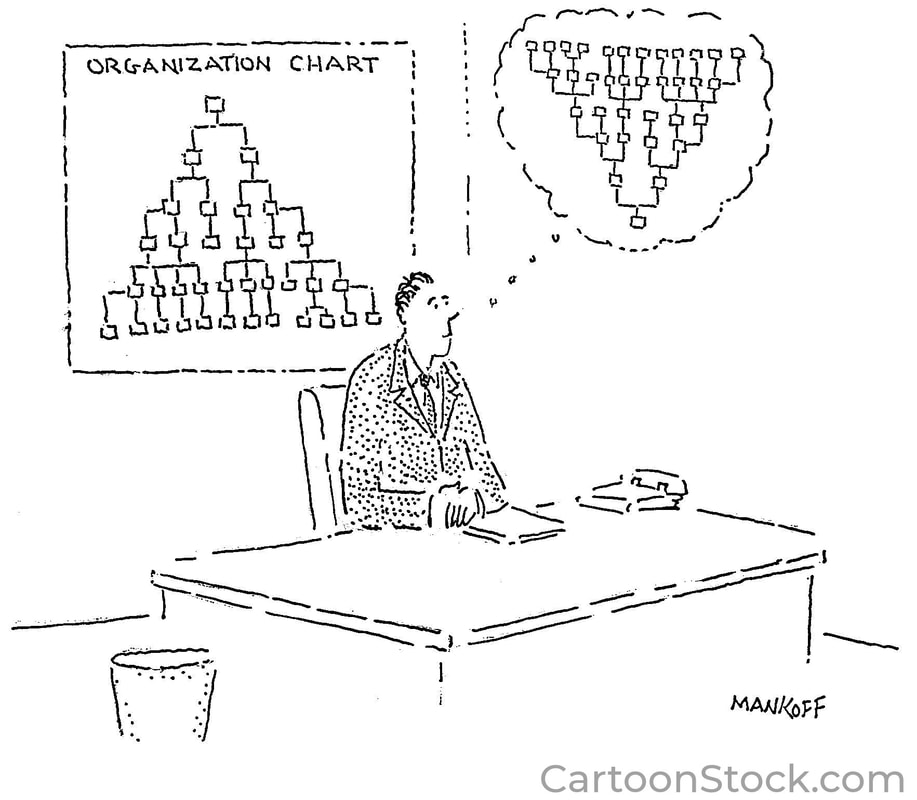
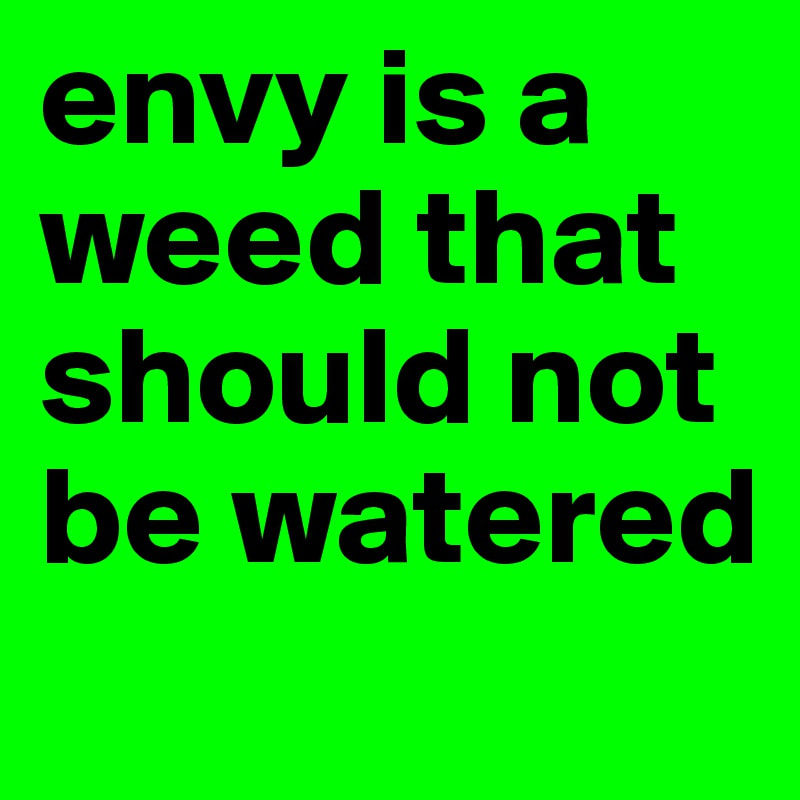

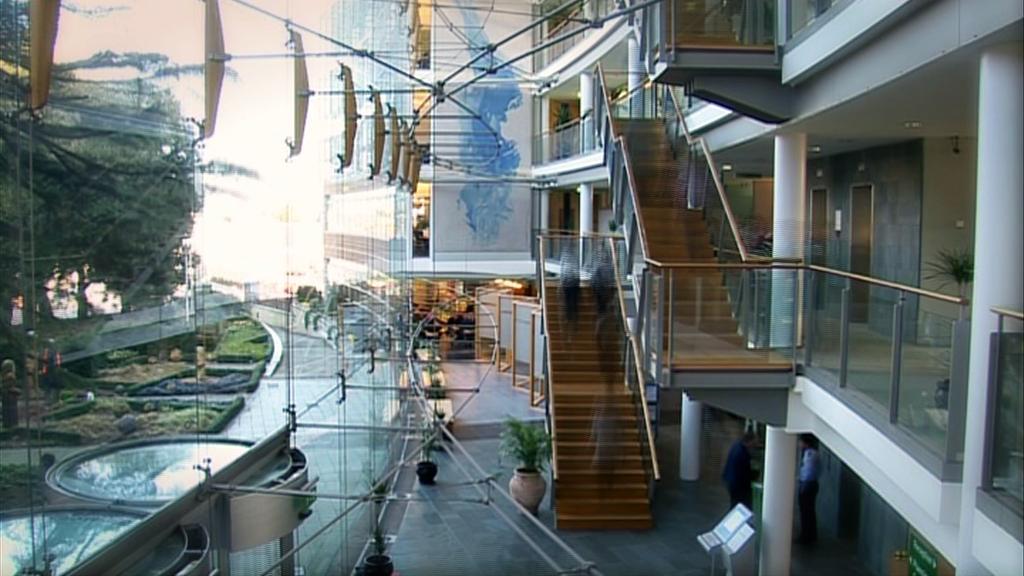
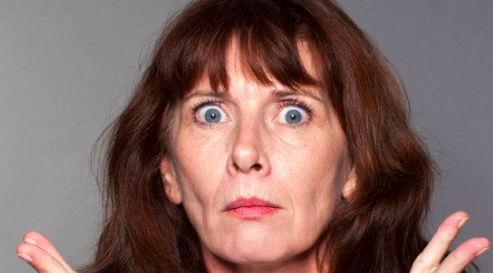
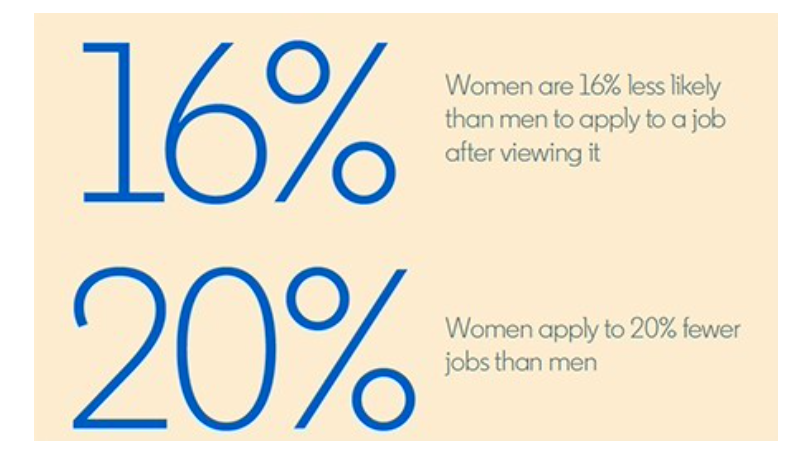
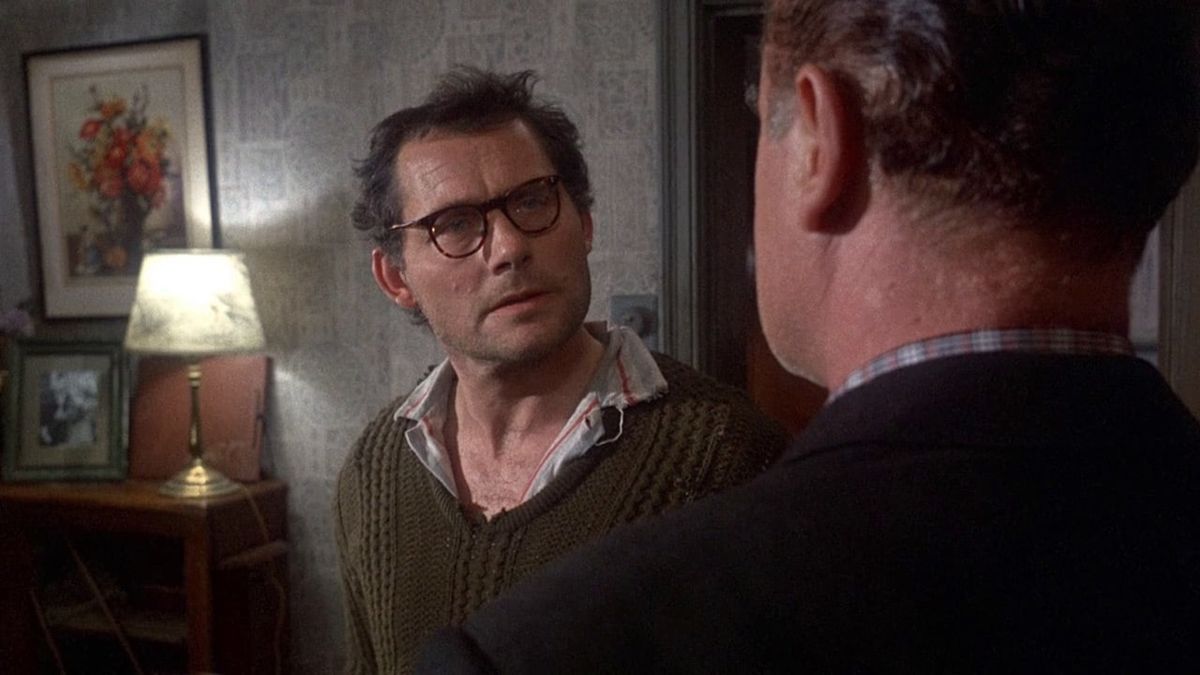
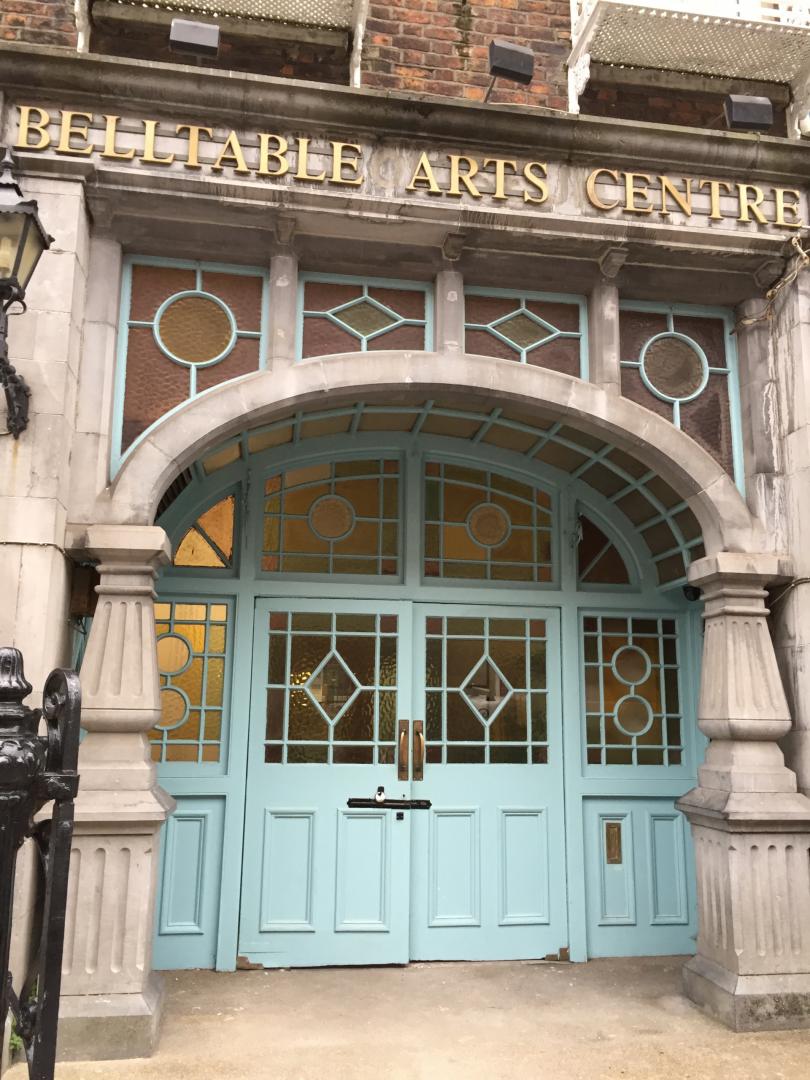
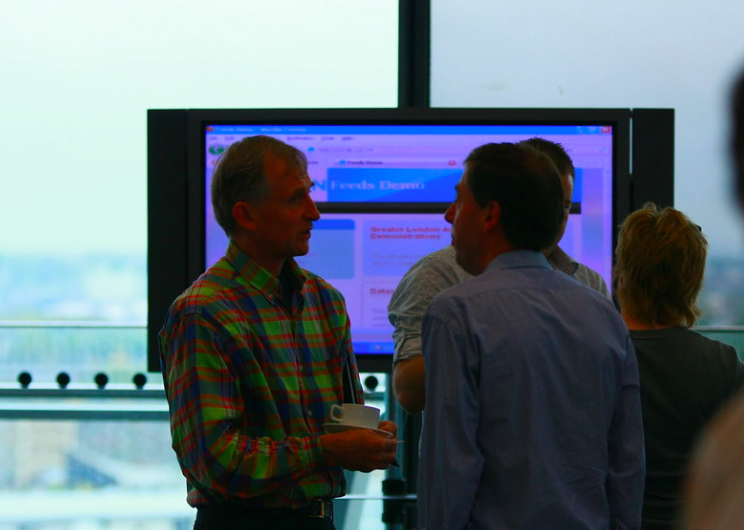
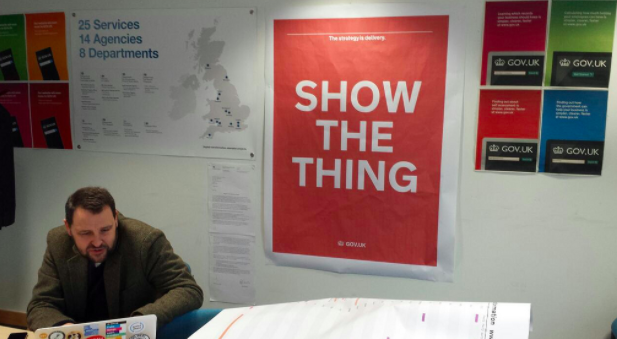
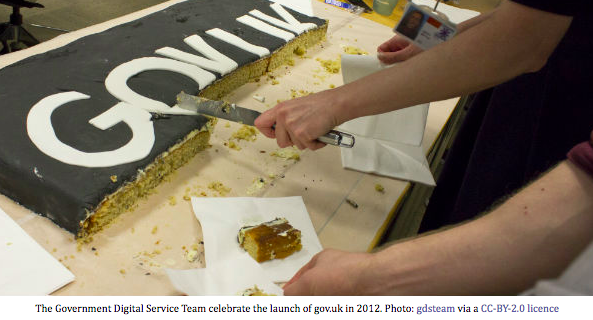
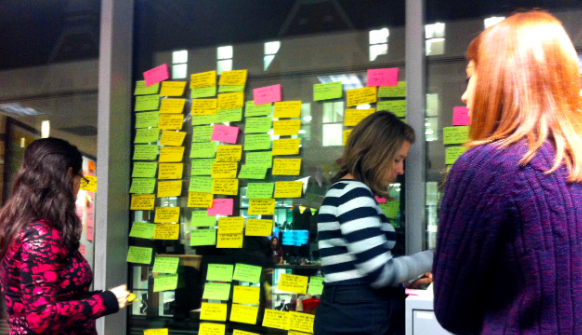
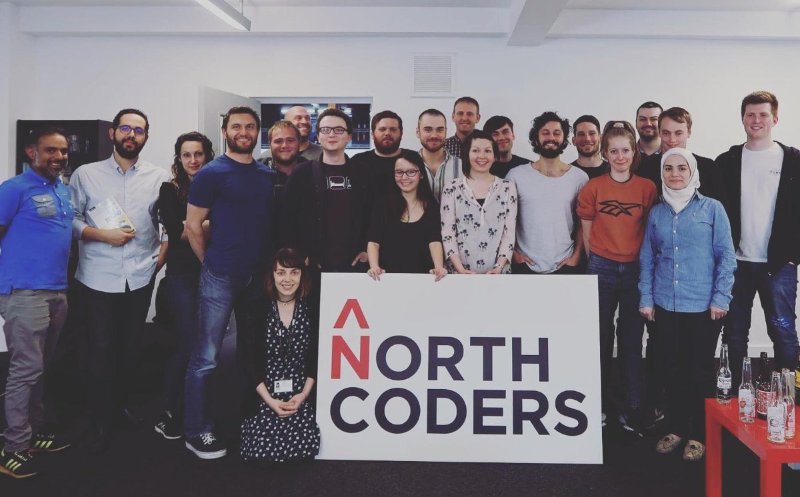
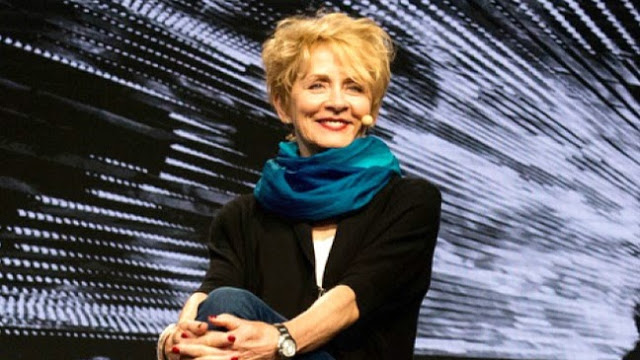
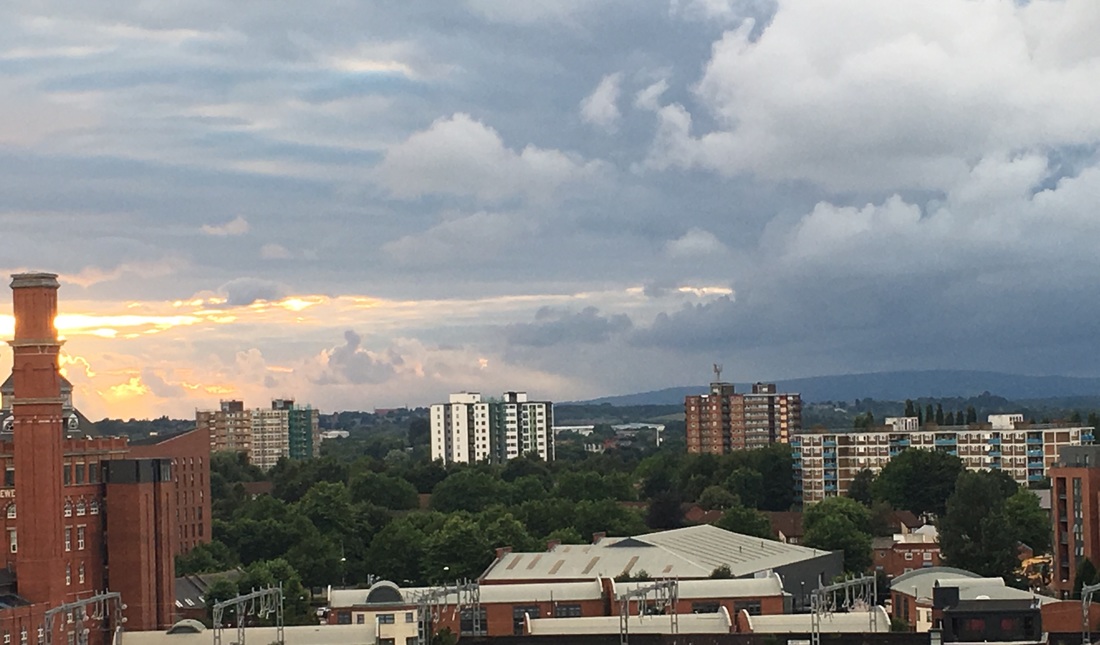

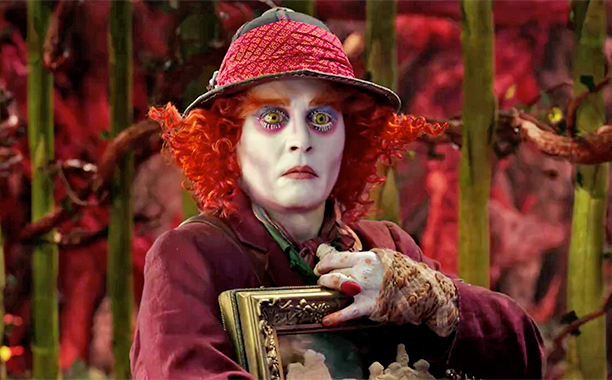
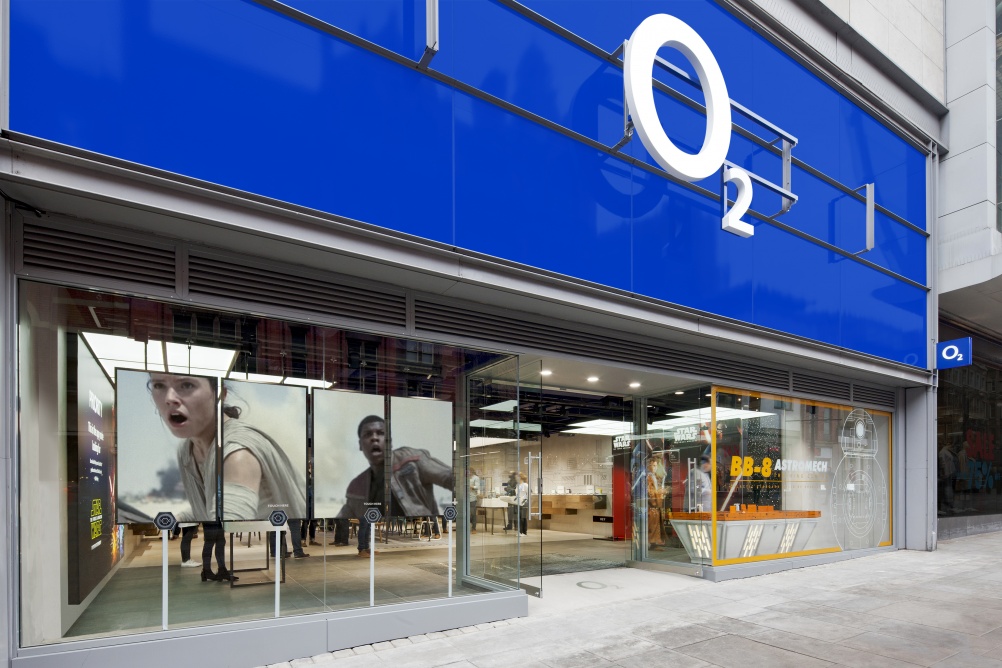

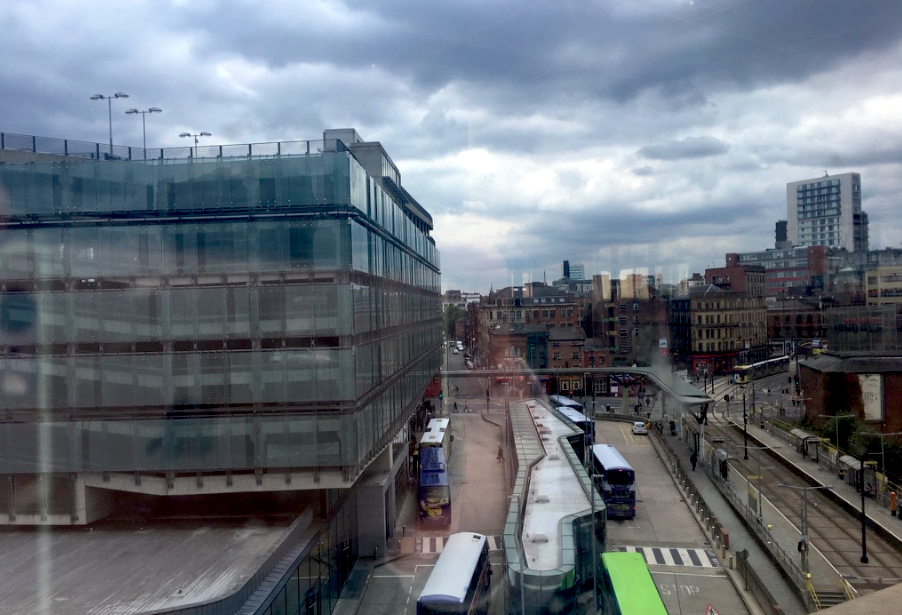
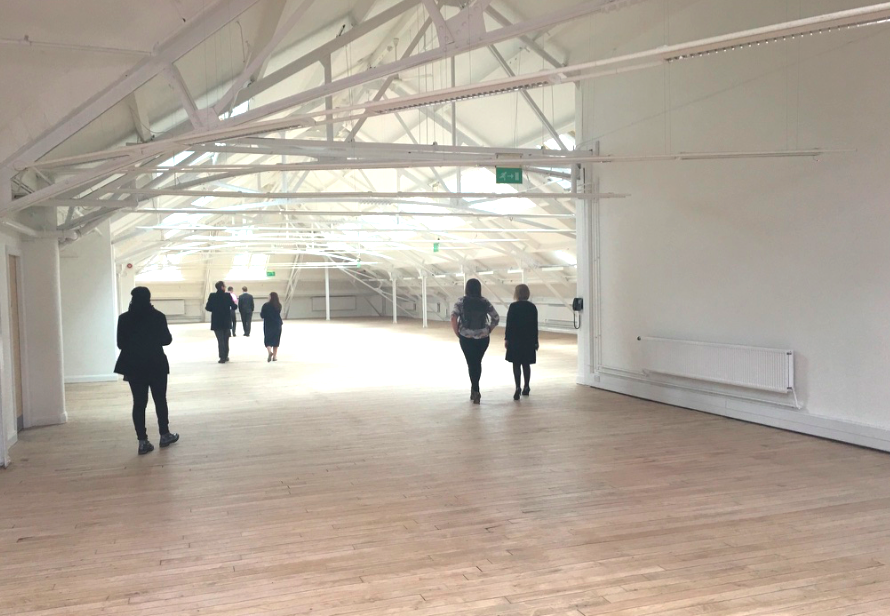



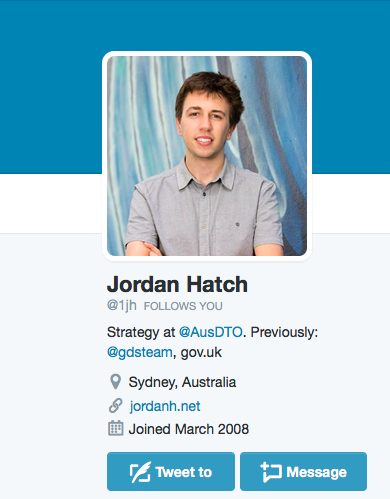
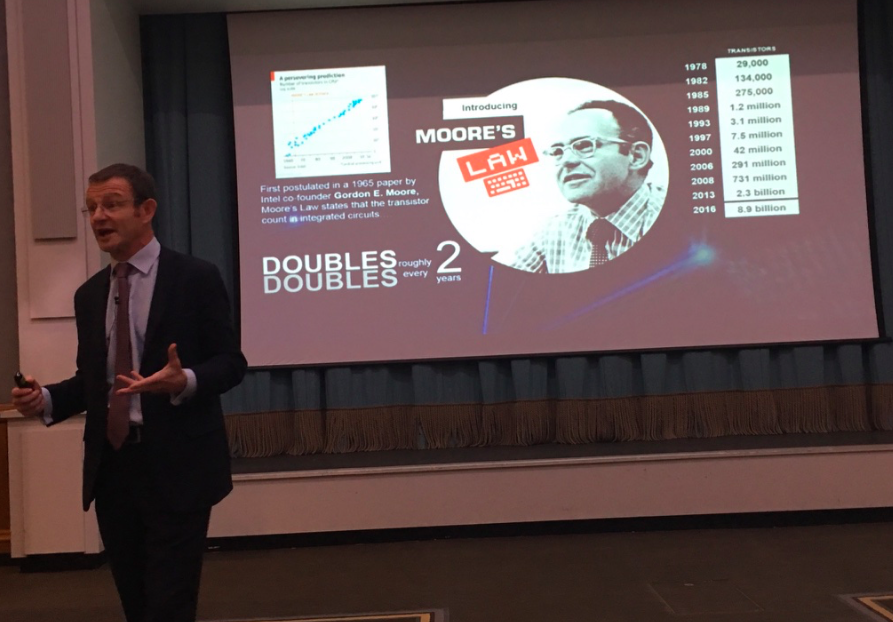
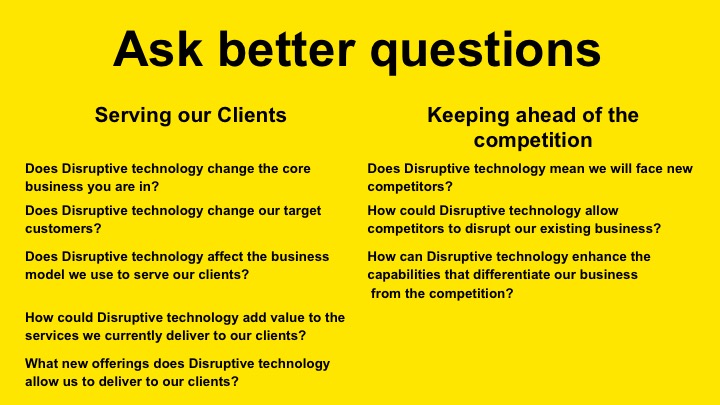
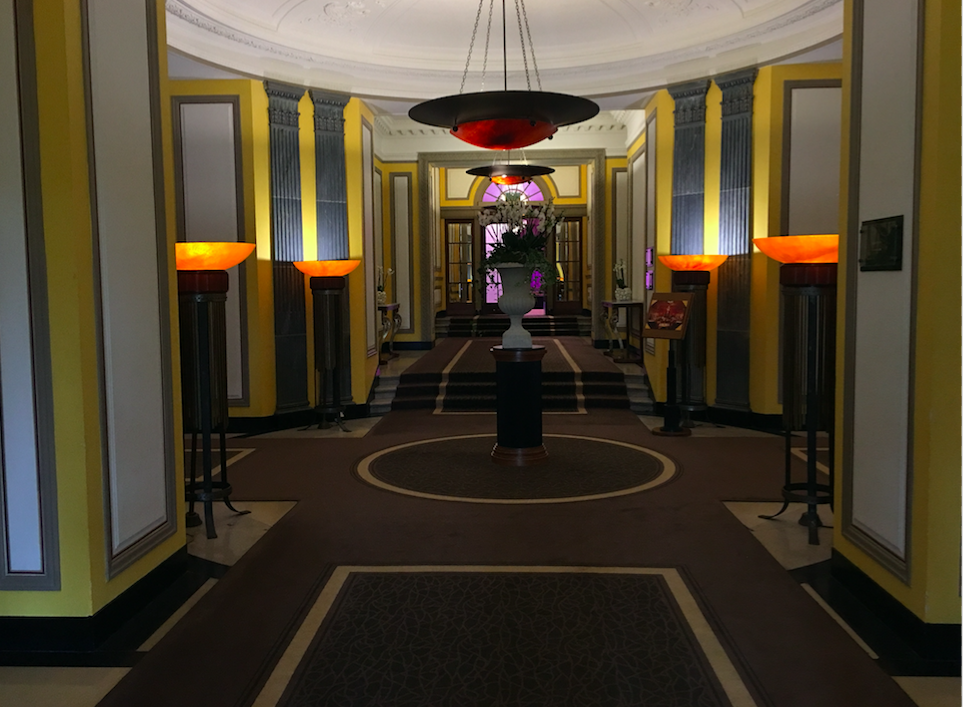

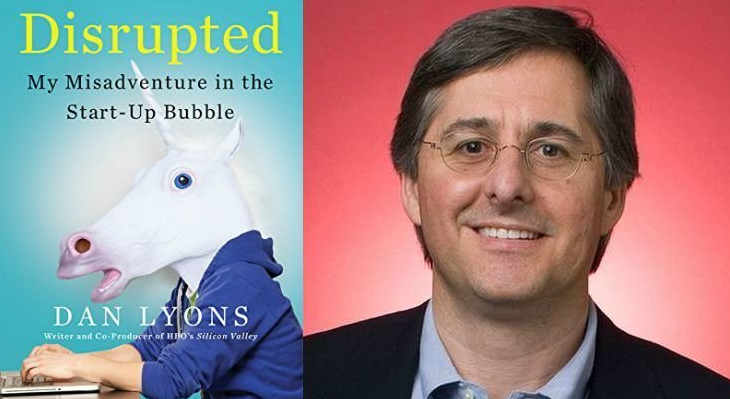
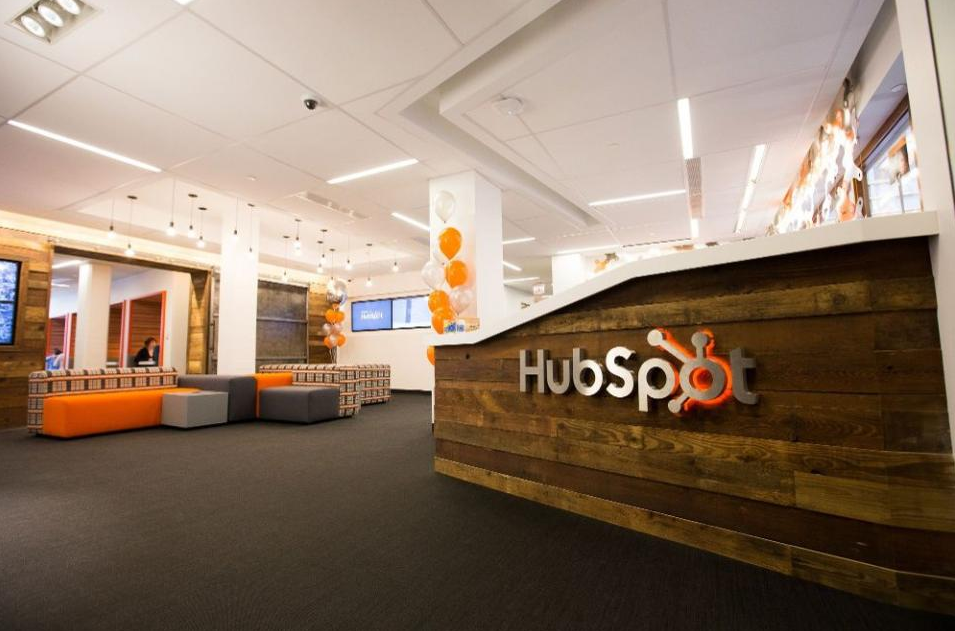
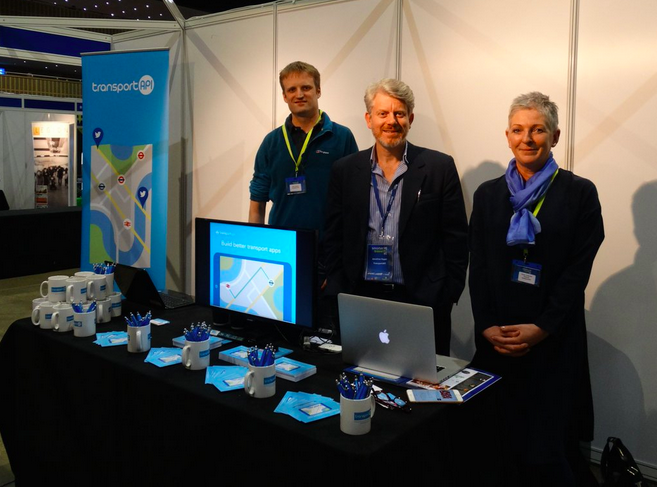
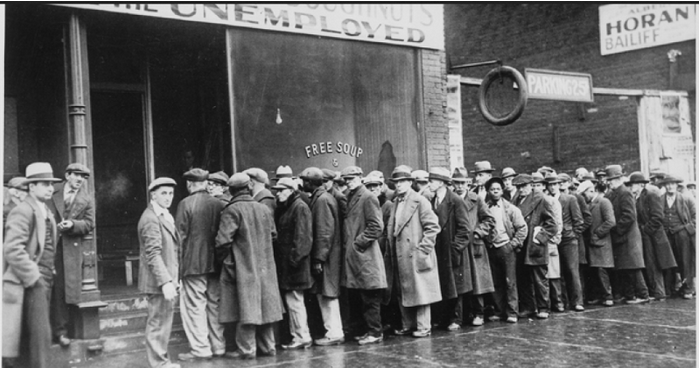

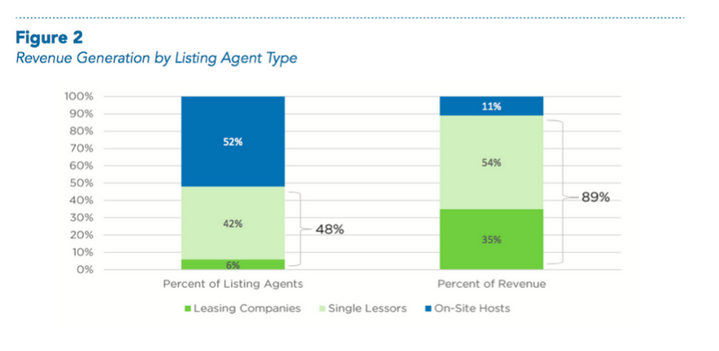
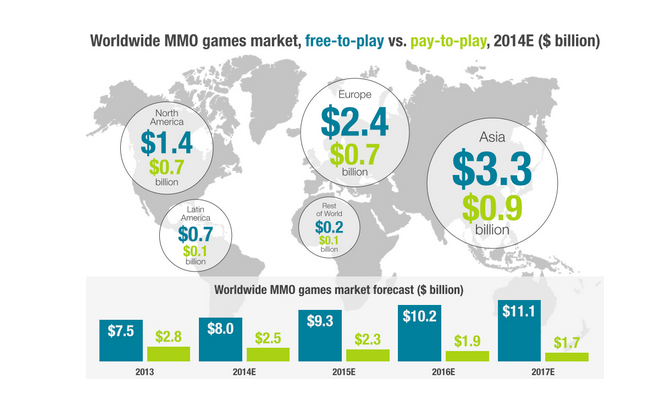

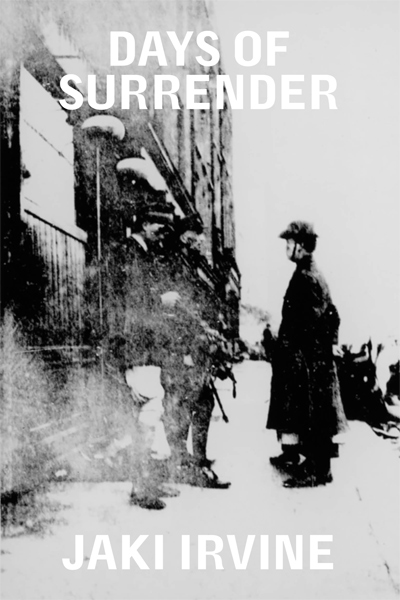
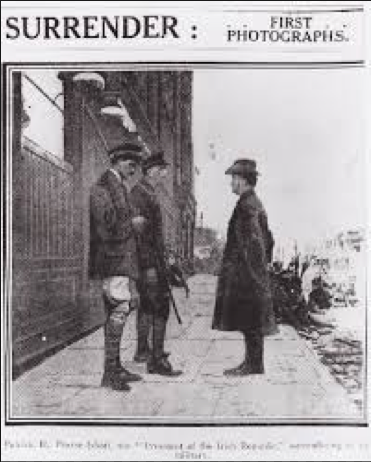

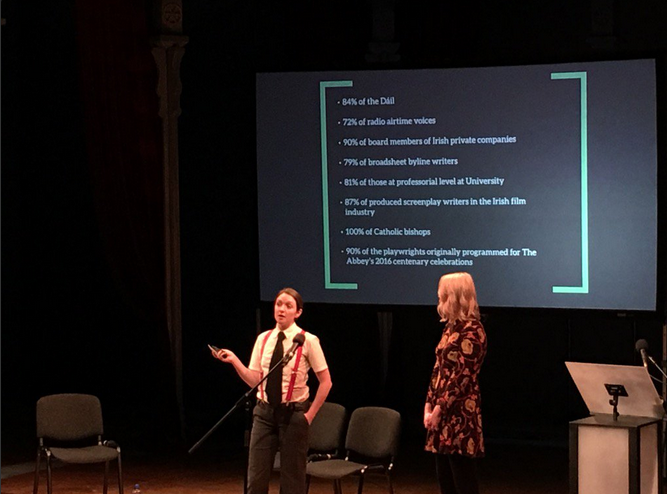

 RSS Feed
RSS Feed